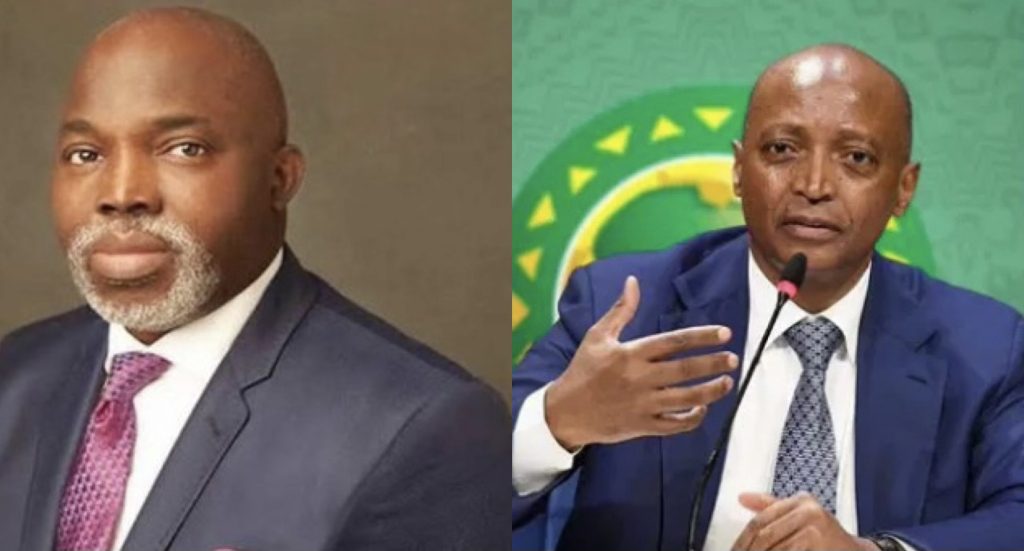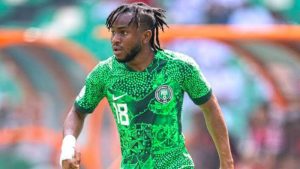
Former Nigeria Football Federation (NFF) president Amaju Melvin Pinnick has lost his bid to retain his seat on the FIFA Council after falling short by just one vote in a closely contested election at the Confederation of African Football (CAF) General Assembly in Cairo, Egypt.
Pinnick, who has been on the FIFA Council since 2021, secured 28 votes—one vote less than the minimum required to keep his position. Morocco’s Fouzi Lekjaa led the poll with 49 votes, followed by Hani Abou Rida and Djibrilla Hima Hamidou, who both received 35 votes each. Ahmed Yahya and Souleiman Hassan Waberi secured the last two available seats with 29 votes each, leaving Pinnick narrowly edged out.
Other candidates who failed to secure a spot included Andrew Kamanga (19 votes), Yacine Diallo (18 votes), and Augustin Senghor (13 votes), while Mathurin de Chacus withdrew from the race before the final count.
In a significant development for African football governance, South African billionaire Patrice Motsepe was re-elected unopposed as CAF president for a second term. His re-election was confirmed during the general assembly, with FIFA President Gianni Infantino in attendance.
Motsepe, who first took office in 2021 following the suspension of Ahmad Ahmad over financial misconduct, has been credited with stabilizing CAF’s finances and promoting good governance within the organization.
CAF Secretary General Veron Mosengo-Omba lauded Motsepe’s leadership, stating, “Patrice was a gift for African football. In 2021, CAF was a toxic body. He brought good governance to all levels of the organisation.”
Another major shift in African football leadership saw former Cameroon international Samuel Eto’o elected to the CAF Executive Committee. The Cameroon Football Federation (FECAFOOT) president secured the position unopposed as the sole candidate from the Central Africa region.
Eto’o’s eligibility was reinstated just last week after the Court of Arbitration for Sport (CAS) overturned a CAF-imposed ban related to an ethics breach. His appointment marks his return to high-level football administration on the continent, despite past controversies, including a FIFA ban from attending Cameroon national team matches.
With Pinnick’s exit, Motsepe’s continued leadership, and Eto’o’s inclusion in CAF’s decision-making body, African football governance is set for a new phase of leadership and policy direction.







